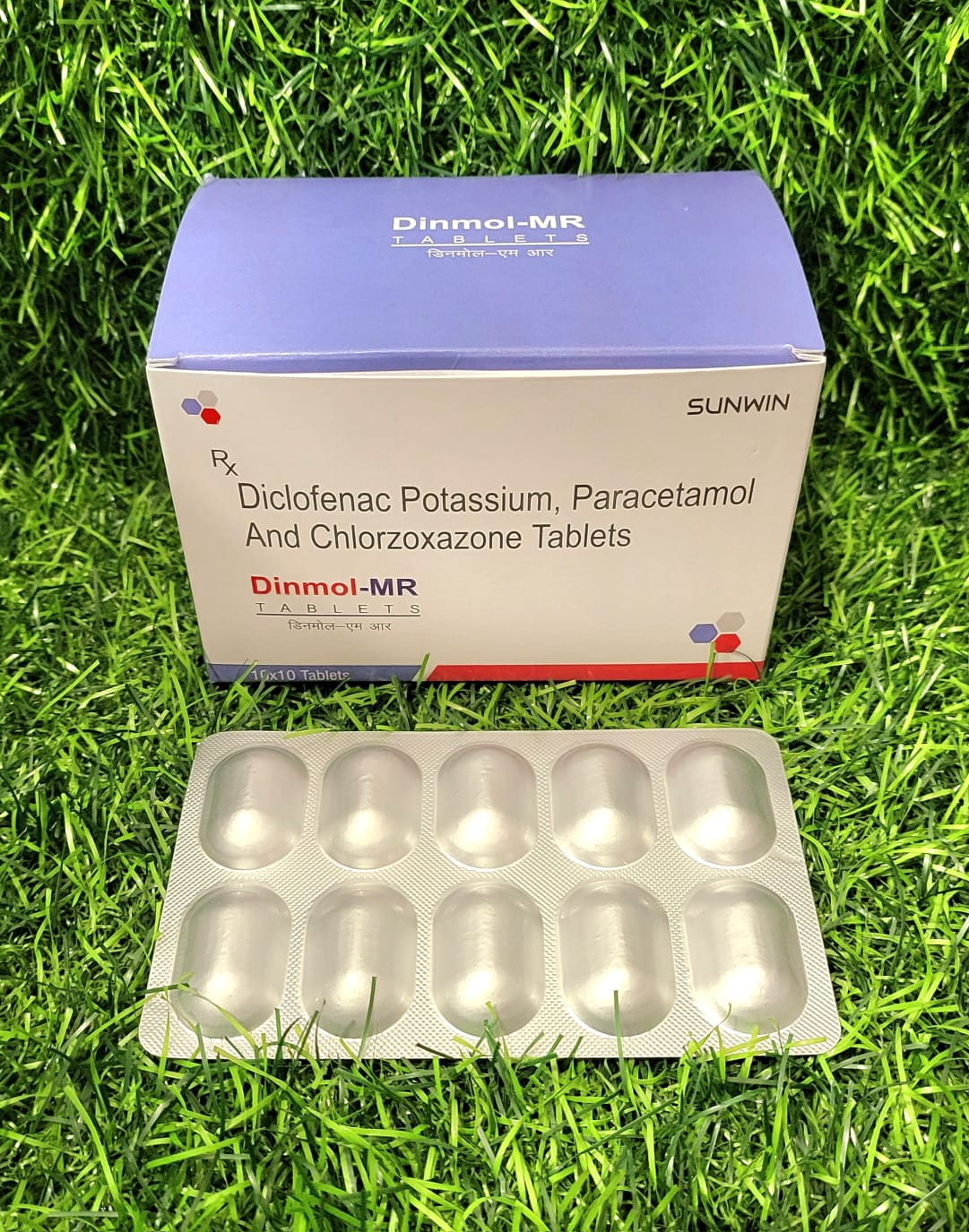Composition:-
N-Acetylcysteine
Uses:-
N-Acetylcysteine (NAC) is a medication used to treat a variety of conditions due to its antioxidant and mucolytic properties. It is commonly prescribed to manage respiratory conditions such as chronic obstructive pulmonary disease (COPD), bronchitis, and cystic fibrosis. NAC helps to loosen and thin mucus in the airways, making it easier to cough up and clear the lungs. Additionally, NAC is used as an antidote for acetaminophen (paracetamol) overdose, as it helps protect the liver from damage caused by toxic metabolites of acetaminophen. It is also used in the management of acetaminophen poisoning and to prevent liver damage in individuals who have ingested excessive amounts of acetaminophen.
Side Effects:-
N-Acetylcysteine is generally well-tolerated, but like any medication, it may cause side effects in some individuals. Common side effects of NAC include nausea, vomiting, diarrhea, and abdominal discomfort. These side effects are usually mild and transient, resolving on their own without the need for medical intervention. Rarely, NAC may cause more serious side effects, such as allergic reactions (including rash, itching, and swelling of the face, tongue, or throat), bronchospasm (difficulty breathing), and anaphylaxis (a severe and potentially life-threatening allergic reaction). Patients should seek immediate medical attention if they experience any severe or concerning side effects while taking N-Acetylcysteine.
Indication:-
N-Acetylcysteine is indicated for the treatment of various respiratory conditions characterized by excessive mucus production and impaired airway clearance, including chronic obstructive pulmonary disease (COPD), bronchitis, and cystic fibrosis. It is also used as an antidote for acetaminophen (paracetamol) overdose, as it helps prevent liver damage by replenishing depleted glutathione levels and binding to toxic metabolites of acetaminophen. In addition, NAC is used to prevent liver damage in individuals who have ingested excessive amounts of acetaminophen. Healthcare professionals should closely monitor patients receiving N-Acetylcysteine for any signs of adverse effects or complications and adjust the dosage as needed to achieve optimal therapeutic outcomes. It is important to follow the prescribed treatment plan and dosage instructions provided by a healthcare provider when using N-Acetylcysteine for the management of respiratory conditions or acetaminophen overdose.

